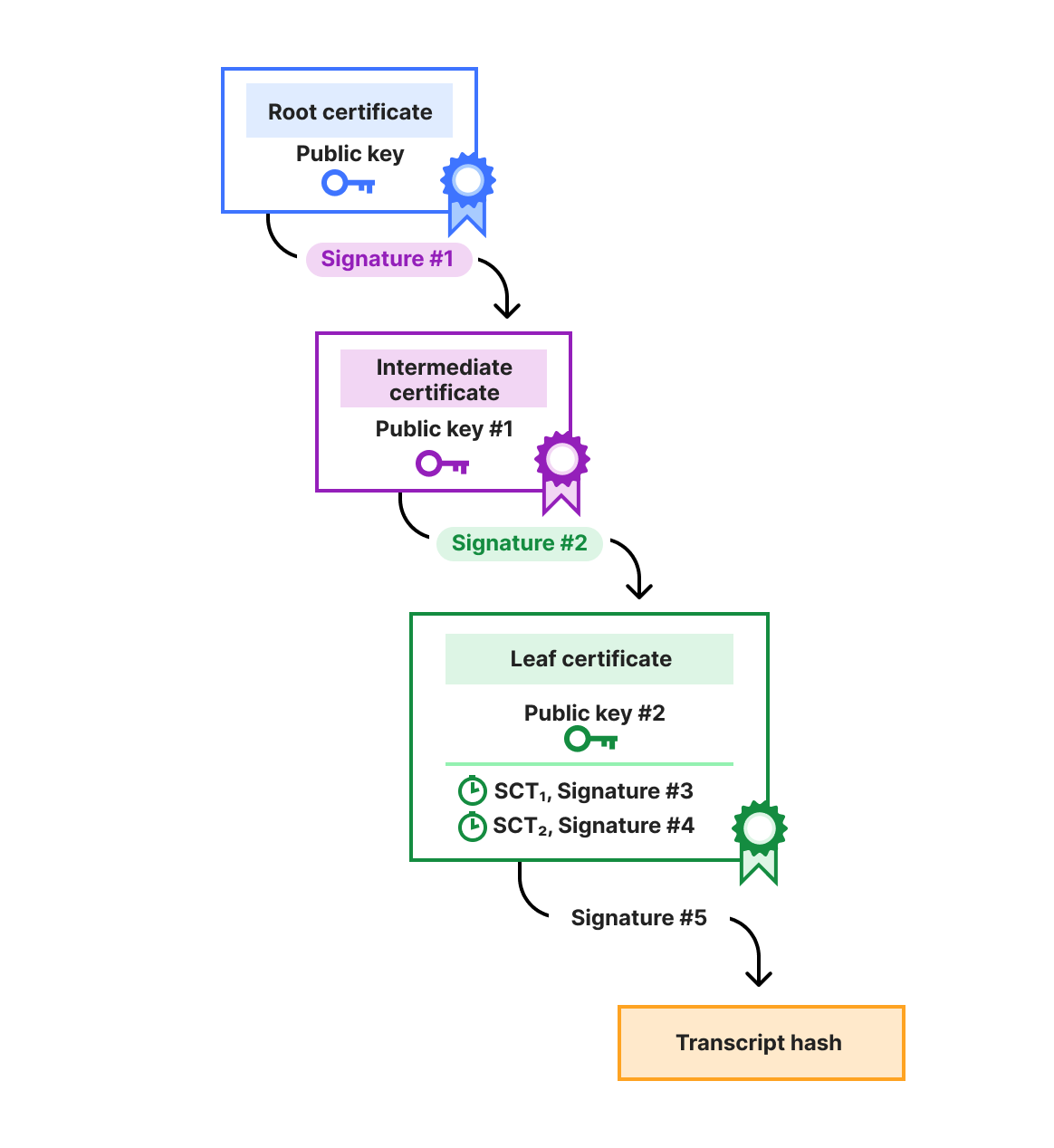Researchers have discovered a very versatile ad fraud network—known as Kaleidoscope—that bombards users with unskippable ads.
Normally, ad fraud is not a concern for users of infected devices. They might experience some sluggish behavior on their device, but often that’s the extent of it. Ad fraud is a type of scam aimed at companies, causing them to pay for advertisements that nobody actually sees or clicks on. Instead of real people viewing or clicking on ads, fraudsters use automated programs (bots) or other tricks to generate fake views, clicks, or interactions.
As a result, the advertising company pays for ads without receiving any real value in return. Users of infected devices usually don’t notice anything, since the malicious activity takes place in the background. This also helps the malware avoid detection.
However, the newly discovered ad fraud operation, dubbed Kaleidoscope, is different. Kaleidoscope targets Android users through seemingly legitimate apps in the Google Play Store, as well as malicious lookalikes distributed through third-party app stores.
Both versions of the app share the same app ID. Researchers found over 130 apps associated with Kaleidoscope, resulting in approximately 2.5 million fraudulent installs per month.
Advertisers believe they are paying for ads shown in the “legitimate” app, while users who download versions from third-party app stores are bombarded with the same ads—but they can’t skip them. Because both apps use the same app ID, advertisers never know the difference.
Kaleidoscope is very similar to, and appears to be built on, the CaramelAds ad fraud network, which also used duplicate apps and shares similarities in code and underlying infrastructure.
The researchers explain:
“The malicious app delivers intrusive out-of-context ads under the guise of the benign app ID in the form of full-screen interstitial images and videos, triggered even without user interaction.”
How to protect your device
Google Play Protect automatically protects users against apps that engage in malicious behavior. As a result, the researchers didn’t find any malicious Kaleidoscope versions on the Google Play Store.
To keep your devices free from ad fraud related malware:
- Get your apps from the Google Play store whenever you can.
- Be careful about the permissions you allow a new app. Does it really need those permissions for what it’s supposed to do? In this case the “Display over other apps” should raise a red flag.
- Dubious ad sites often request permission to display notifications. Allowing this will increase the number of ads as they push them to the device’s notification bar.
- Use up-to-date and active security software on your Android.
Malwarebytes detects malware from the Kaleidoscope family as Adware.AdLoader.EXTNXN.
We don’t just report on phone security—we provide it
Cybersecurity risks should never spread beyond a headline. Keep threats off your mobile devices by downloading Malwarebytes for iOS, and Malwarebytes for Android today.


